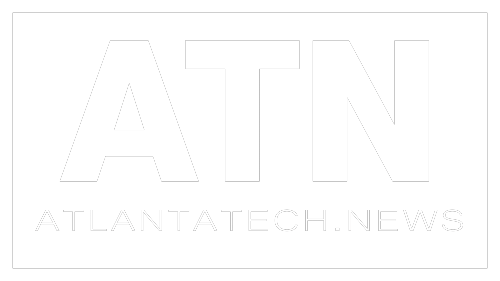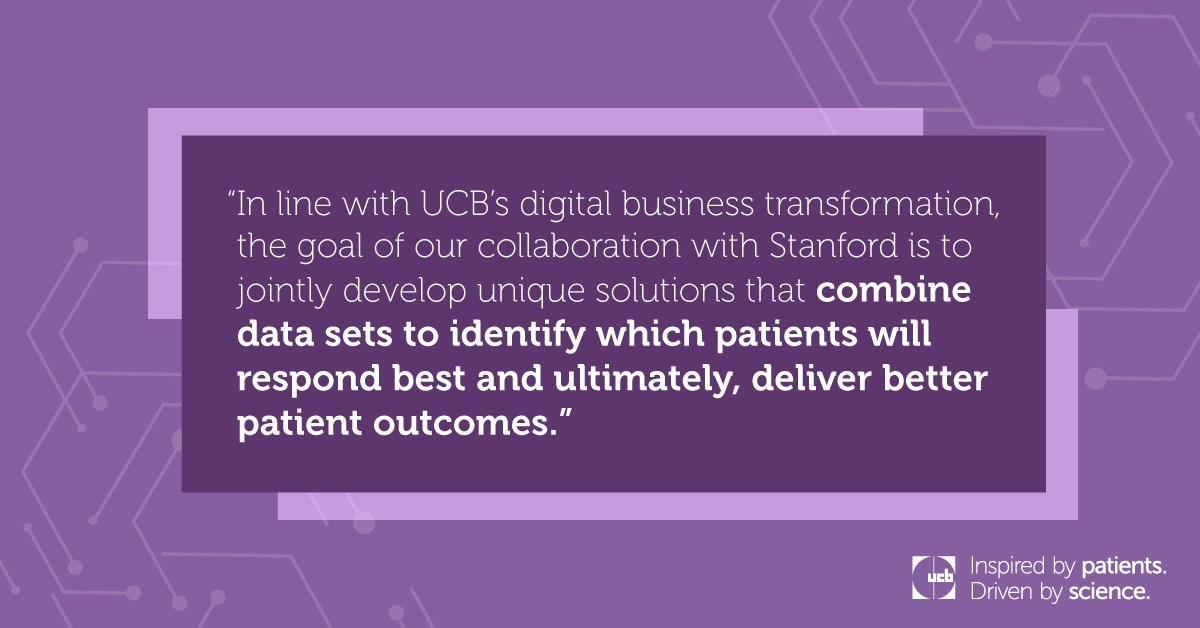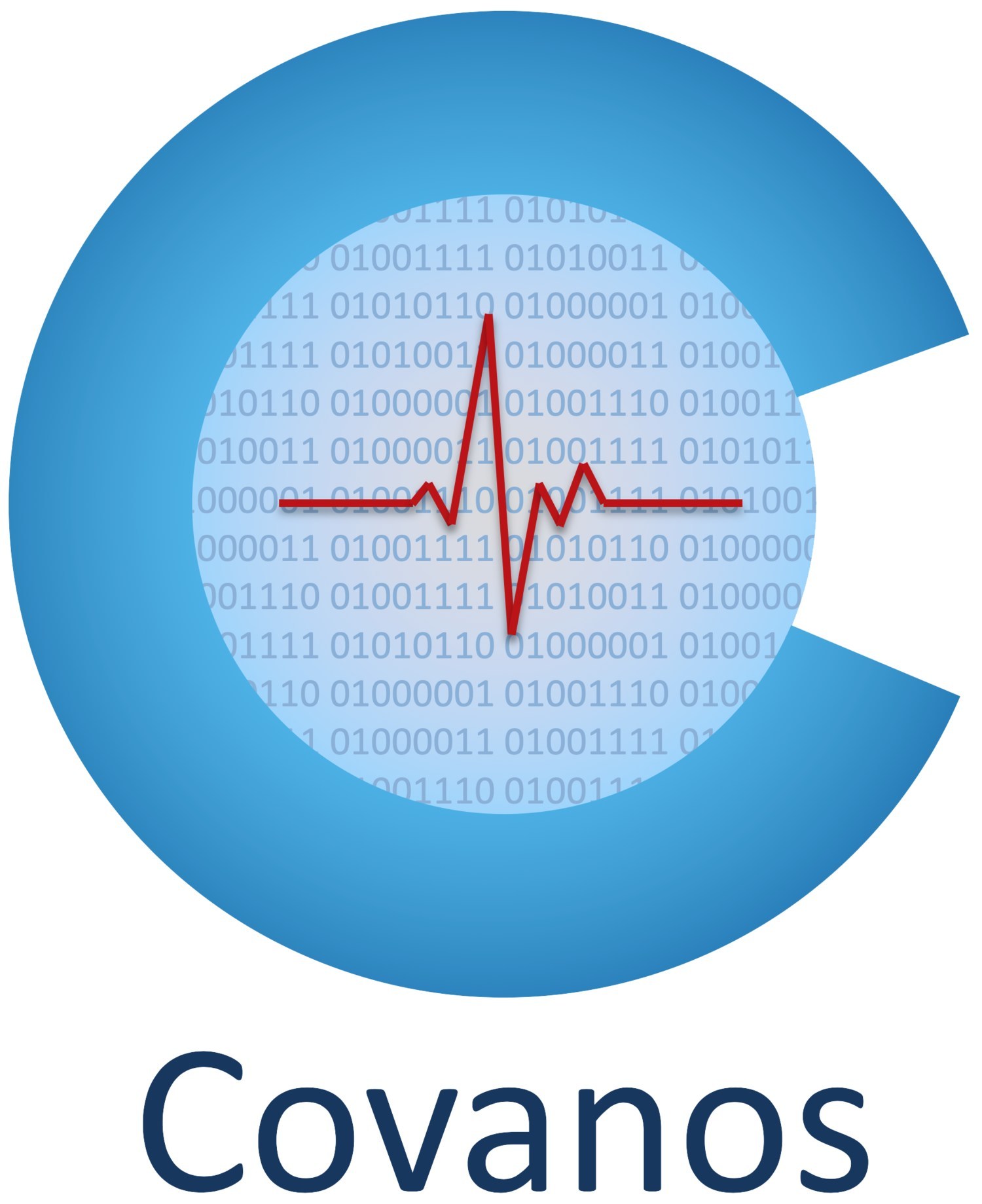UCB and Stanford Medicine have established a multi-year collaboration to enhance patient value for people living with severe diseases. In line with UCB’s digital business transformation, the goal of the collaboration is to jointly develop unique solutions that combine clinical, real-world, omics, and other data sets — along with the required expertise — to identify which patients will respond best and ultimately, deliver better patient outcomes.
“Through this collaboration with Stanford Medicine, we hope to enable new solutions for people living with severe diseases by solving problems that wouldn’t be possible on our own,” said Emmanuel Caeymaex, Executive Vice President, Immunology Solutions & Head of U.S. UCB. “UCB is committed to creating sustainable value for patients by unleashing the full power of our combined clinical and real-world data and scientific innovation.”
In addition to joint research projects, the collaboration includes workshops and the potential for exchange programs to bring the capabilities, skills, and talent of UCB and Stanford together.
“The strategic application of AI and data science presents an opportunity to improve drug development and timely dosing, and uncover new applications for existing therapeutics,” said Lloyd Minor, MD, Dean of the Stanford School of Medicine. “In this way, our collaboration with UCB advances Stanford Medicine’s vision of Precision Health—a future where we will not only treat disease, but use new technologies to predict, prevent, and cure it precisely.”
The first project will focus on Hidradenitis Suppurativa (HS), also known as acne invers, an immunological skin disease that results in debilitating quality of life for people living with the disease. The treatment journey is often long and complex with delays, misdiagnoses, and ineffective treatment. The global prevalence of HS varies in populations around the world with reports citing up to 1% are affected.
UCB and Stanford Medicine plan to explore digital phenotyping, computational discovery of pathogenic mechanisms, and the disease burden and societal experience for people living with severe diseases like HS. Projects will begin in early 2021 with future projects focusing on immunology, neurology, and other emerging areas of interest.
Contact:
Erica Puntel
404-938-5359







